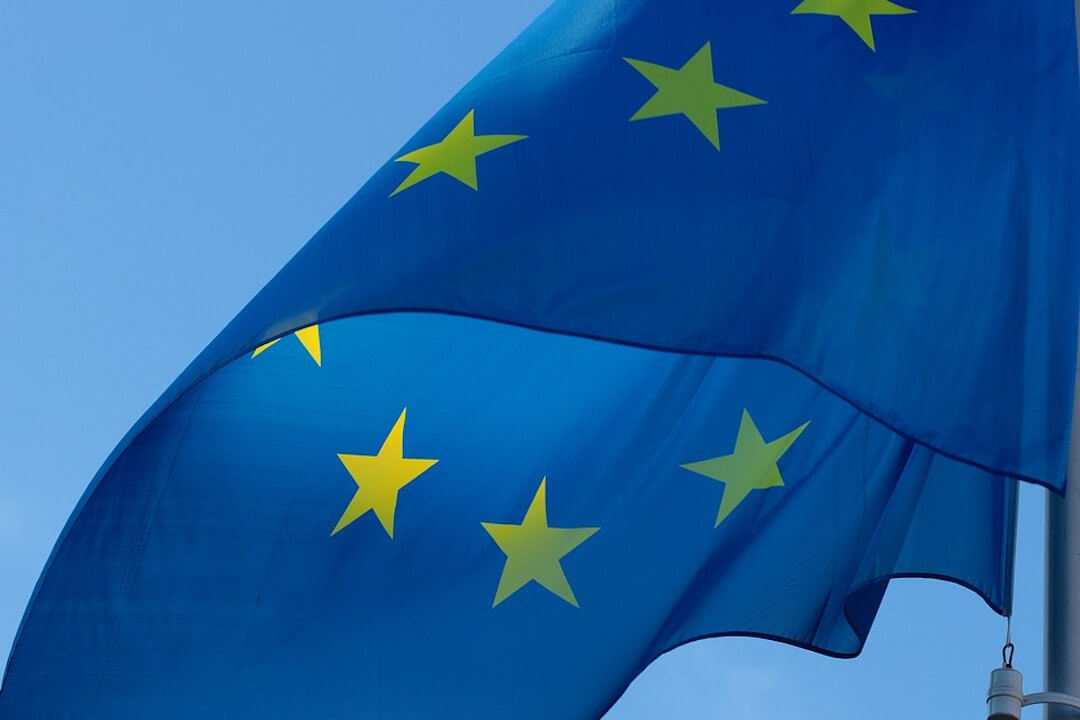

Coin Rivet reported last week that seven European countries – Portugal, France, Italy, Spain, Malta, Cyprus, and Spain – will work together with the aim to develop and implement blockchain technology in a number of sectors, including education, transport, mobility, shipping, company registry, and healthcare.
The collaboration is based on the belief that emerging technologies like DLT, 5G, artificial intelligence (AI), and the internet of things (IoT) could help them to innovate and expand their digital ecosystems, as well as improving democratisation efforts in the EU through better and safer voting mechanics less prone to corruption.
The new agreement, titled the Southern European Countries Ministerial Declaration on Distributed Ledger Technologies, was signed in conjunction with a meeting of European Union (EU) transport ministers in Brussels on December 4, 2018.
Well, in the short term, nothing really. Markets are too bearish at the moment for any kind of real bounce from this news.
Plus, I’m expecting a couple of years of research and discussion rounds are needed in order to properly move things forward. After all, something the EU is known for is implementing bureaucratic policies that take many negotiation rounds to finalise.
However, over the long term, these types of commitments are quite important, as investors feel governments are supporting these new technologies and will feel safer investing their money, therefore stabilising the market.
Of course, the real impact of any technology is directly linked to user adoption, which for general cryptocurrencies is still lacking behind traditional platforms like Facebook, Amazon, and so on. Because most current tech giants are either USA or Asia-based, Europe needs to create more inviting environments for innovation to happen faster.
The agreement was led by Malta, a country that has quickly moved to adopt and regulate cryptocurrencies and blockchain-related businesses. For example, it is currently home to one of the biggest exchanges to date, Binance.
If more EU countries follow Malta’s footsteps, we might see a brighter future ahead when it comes to use case development and the adoption of Bitcoin and other altcoins.
Blockchain advocacy appears to be on the rise in Europe, at a time when the EU and its monetary and regulatory bodies are considering legislative frameworks for the sector. This month also saw the formation of the ‘Blockchain for Europe’ association by Ripple, NEM, Fetch.AI, and EMURGO. This association seeks to create a unified voice and marketplace for blockchain technology in Europe.
From the EU side, my guess is that the actual public DLT/blockchain policies will be similar to GDPR-like regulation, with the aim of protecting users. In the end, the only actual regulation blockchain needs is already hardwired into the actual code, so don’t expect most of these “friendly” regulations to actually help decentralise companies and take power away from some decision makers.
Of course, my outlook is rather positive as this kind of news has a tendency to bring more people in, as most see it as the EU’s green-light for greater adoption of blockchain technology.
For Coin Rivet‘s exclusive guides on blockchain technology, cryptocurrencies, and exchanges, click here.
Denver, Colorado, 24th February 2025, Chainwire
Denver, Colorado, 20th February 2025, Chainwire
Washington, D.C., 18th February 2025, Chainwire
Dubai, UAE, 27th January 2025, Chainwire
Those who enter the market at this time may be surprised to hear that Bitcoin…
George Town, Grand Cayman, 22nd November 2024, Chainwire